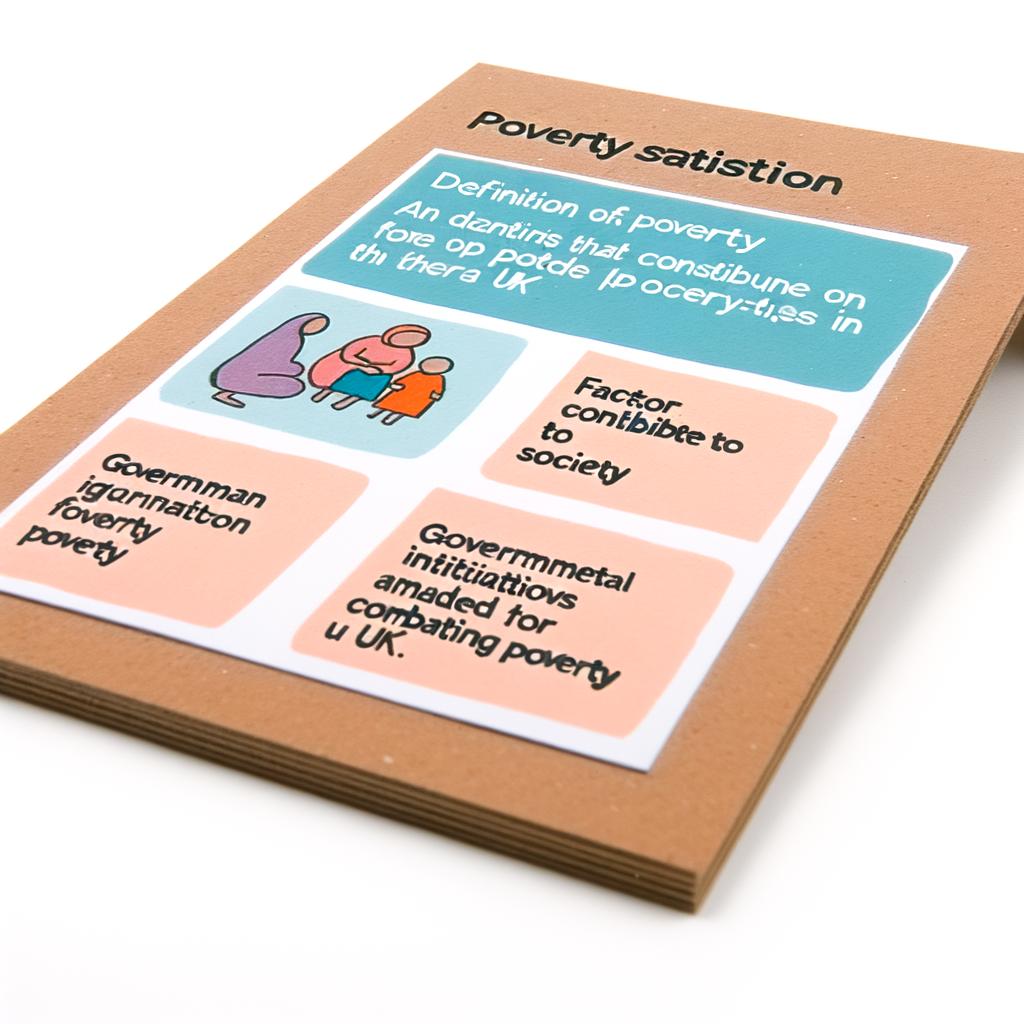
Delve into the latest statistics and data on poverty in the UK to understand the challenges faced by many individuals and families.
Discover the profound effects of bed poverty on society and how it impacts individuals and communities.
Bed poverty refers to the lack of access to a comfortable and safe place to sleep. It is a growing issue that affects a significant number of individuals and families in our society. Understanding the prevalence of bed poverty is crucial in order to address and alleviate its impact.
According to recent studies, an alarming number of people, including children, are experiencing bed poverty. Factors such as rising housing costs, lack of affordable housing options, and low wages contribute to the increasing prevalence of bed poverty. It is essential to recognize that bed poverty can affect anyone, regardless of age, gender, or background.
By understanding the extent of bed poverty in our society, we can work towards implementing effective solutions and support systems to help those in need.
Bed poverty not only affects an individual's ability to sleep comfortably but also has significant physical and mental health implications. Constantly sleeping in uncomfortable or unstable conditions can lead to chronic fatigue, back problems, and other physical ailments. Lack of proper rest can impair cognitive function and contribute to mental health issues such as depression and anxiety.
Furthermore, the stress and uncertainty that come with bed poverty can exacerbate existing health conditions and create new ones. The constant worry about finding a safe place to sleep can take a toll on an individual's overall well-being, making it difficult to focus on other aspects of life, such as work or education.
Addressing the physical and mental health implications of bed poverty is crucial in promoting overall well-being and improving the quality of life for those affected.
Bed poverty has a profound impact on children and their education. Children experiencing bed poverty often struggle to get a good night's sleep, which can negatively affect their ability to concentrate and perform well in school. The lack of a stable and comfortable sleeping environment can lead to fatigue, irritability, and difficulty in focusing on lessons.
Moreover, the stress and insecurity associated with bed poverty can hinder a child's emotional and social development. It can create feelings of shame, isolation, and low self-esteem, making it challenging for them to engage with their peers and participate in extracurricular activities.
Efforts must be made to address bed poverty among children and provide them with the necessary support and resources to excel academically and thrive in all aspects of their lives.
Bed poverty has significant economic consequences for individuals and society as a whole. Individuals experiencing bed poverty often struggle to maintain stable employment due to the physical and mental health issues associated with inadequate sleep. This can lead to decreased productivity, increased absenteeism, and limited career advancement opportunities.
Furthermore, the healthcare costs associated with the physical and mental health implications of bed poverty place an additional burden on individuals and the healthcare system. The economic impact of bed poverty extends beyond the individual, affecting families, communities, and society as a whole.
Investing in initiatives and solutions to alleviate bed poverty can have long-term economic benefits, including improved productivity, reduced healthcare costs, and enhanced social cohesion.
Addressing bed poverty requires a multifaceted approach that involves both short-term and long-term solutions. Some initiatives include providing emergency shelters and safe sleeping spaces for those experiencing immediate homelessness, increasing the availability of affordable housing options, and implementing rent control measures to prevent excessive rent increases.
Education and awareness campaigns are also essential in order to reduce the stigma associated with bed poverty and encourage empathy and support from the wider community. Additionally, access to mental health services, financial assistance programs, and employment opportunities can help individuals experiencing bed poverty regain stability and improve their overall well-being.
By prioritizing the development and implementation of comprehensive initiatives and solutions, we can make significant progress in addressing bed poverty and creating a society where everyone has access to a safe and comfortable place to sleep.

Delve into the latest statistics and data on poverty in the UK to understand the challenges faced by many individuals and families.